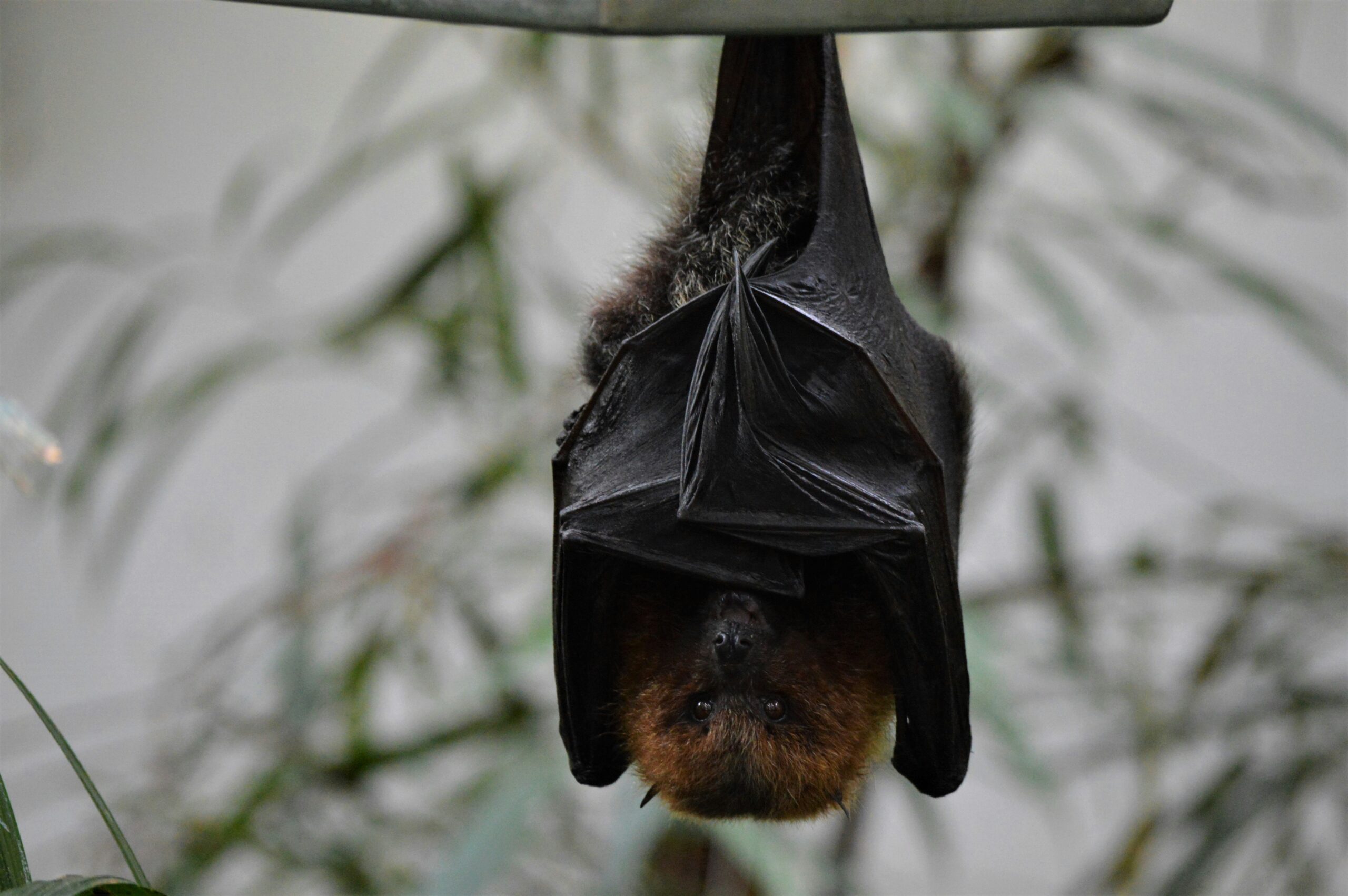In my high school philosophy class, we had to read this paper by Thomas Nagel called “What is it like to be a bat?” In it, he basically makes the point that the question is impossible: we cannot literally put ourselves into another’s shoes… or, you know, wings… try as we might to imagine what it might be like.
Another teacher, more recently, asked our class to experiment with living with a disability for a day, insofar as it is possible. She wouldn’t encourage you to drive blind, for example, but she wanted us to observe and try to experience what it would be like to live a different way. In my reflection, I raised this point: I cannot literally know what it’s like to live with a disability—or as anyone or thing other than myself—because, as a matter of fact, I am not that. This is the limit of the exercise, and consequently my imagination, though it may get certain things right, will be flawed. Afterwards, she asked me if I believed that we would just have to live with this “gap”, or if maybe there was another step to be taken. It was a good question, which I’m glad she raised. And having thought about it some more, I, of course, have developed a strange opinion: I think there is something to do in how we manage “the gap”.
You might already be thinking of this exercise as one of empathy, in which case we’re thinking exactly the same way. We might have many factors that work to limit our ability to empathize with others, but among them is this “gap” between our imagination and the lived experience. When we empathize, we are effectively tourists in someone else’s feelings and/or experience. We can leave whenever we want. That alone is enough to separate us emotionally. Distress cannot be called distress if one is simply capable of leaving it behind.
So, given this “gap”, what is to be done? The question, as it is phrased, appears to make it seem as if it is one or the other: either we can just accept the fact that we won’t get it right, or we can maybe bring ourselves closer some other way. I do think that we need to accept this gap since it’s impossible to transcend what are very real metaphysical limitations. There is a substantial, qualitative difference between me and anything that isn’t me. There must be, and that’s a fact. On the other hand, what I do with this information will inform my ability to reckon with another’s experience. Sure, I can accept that I won’t get it right, and so I don’t bother. But I can also cultivate qualities in myself that might help me take someone’s word for it: that if there is a “gap” in my lived experience—which there is—I can allow myself to recognize it and supplement it with the testimonies of others.
I take the Greek philosophers as an example of this quality called “epistemic humility”. Recognizing the limits of the possibility of my knowledge, I can allow myself to grow wiser and see things more clearly. Knowing what I cannot hope to know, I can allow myself to learn from what others, who lack my gaps in knowledge, have to say. And this is not to say that one’s testimony can’t be challenged or submitted to questioning—not one bit! If anything, that is essential for anybody to grow or truly begin to understand where a thought or feeling is coming from. (Where are the gaps, and how do these thoughts fit into them?) However, it does require humility, and emphasizes the importance of allowing marginalized people’s voices to be heard with charity.
So, there is no solution to the problem, but there is a manner of active acceptance: either we choose to learn, or we choose to mourn our not knowing.

Leave a Reply